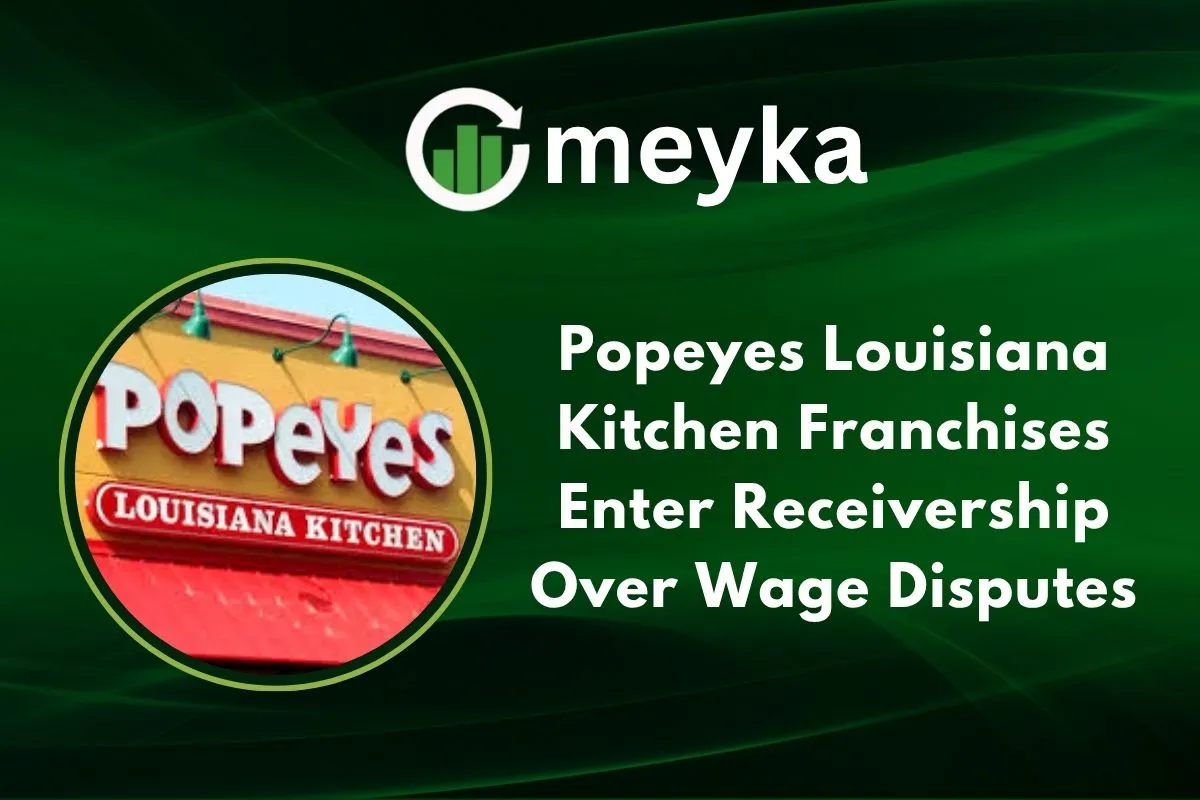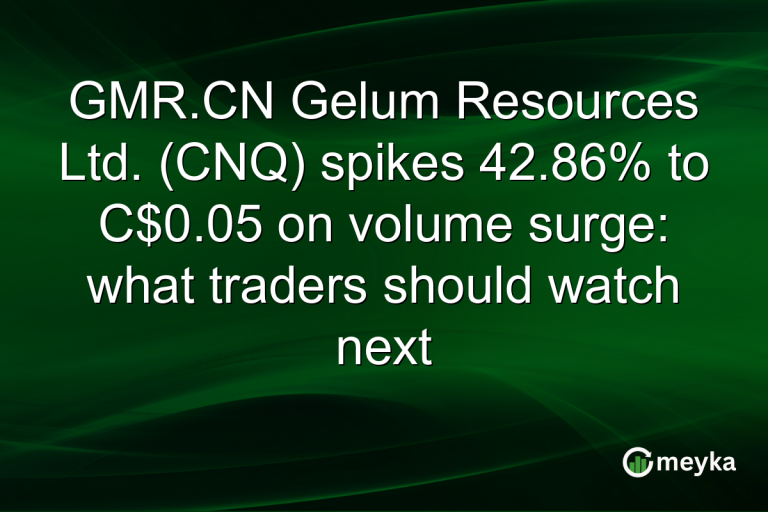Popeyes Louisiana Kitchen Franchises Enter Receivership Over Wage Disputes
We recently learned that multiple Popeyes franchise outlets have entered receivership after failing to meet wage and labor obligations. In one case, 14 locations in Toronto were listed as being in receivership amid millions in debt and unpaid employee wages. This isn’t just one isolated store; it’s a sign of deeper trouble. We need to look at how this unfolded, why it matters, and what it means for everyone involved.
Continue Reading on Meyka
This article is available in full on our main platform. Get access to complete analysis, stock insights, and more.
Read Full Article →





